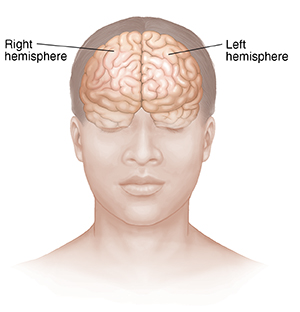The effects of a stroke can vary widely depending on factors such as the type of stroke, the area of the brain affected, the severity of the damage, and the individual’s overall health. Some common effects of stroke include:
Physical effects: These can include paralysis or weakness on one side of the body (hemiparesis or hemiplegia), difficulty with balance and coordination, muscle stiffness or spasticity, and difficulty with swallowing (dysphagia).
Communication difficulties: Stroke can lead to aphasia, which is a condition that affects a person’s ability to speak, understand speech, read, or write. It can also cause dysarthria, which affects the muscles used for speech, resulting in slurred or unclear speech.
Cognitive effects: Stroke survivors may experience cognitive impairments such as difficulty with memory, attention, problem-solving, and reasoning. They may also have changes in personality or emotional reactions, such as depression, anxiety, or emotional lability (rapid shifts in emotions).
Sensory changes: Stroke can lead to changes in sensation, such as numbness or tingling in affected areas of the body. Some individuals may also experience pain or heightened sensitivity to touch.
Visual changes: Depending on the area of the brain affected, stroke can cause visual impairments such as blurred vision, double vision (diplopia), or visual field deficits.
Fatigue: Many stroke survivors experience significant fatigue, which can impact their ability to participate in daily activities and engage in rehabilitation.
Functional limitations: Stroke survivors may have difficulty performing activities of daily living, such as dressing, bathing, cooking, or driving. They may require assistance or adaptive equipment to maintain independence.
Recovery from a stroke can be a complex and ongoing process, involving medical treatment, rehabilitation therapies, and support from healthcare professionals, caregivers, and community resources. The extent of recovery varies for each individual and may continue for months or even years after the stroke. Early intervention and comprehensive rehabilitation can significantly improve outcomes and quality of life for stroke survivors.
